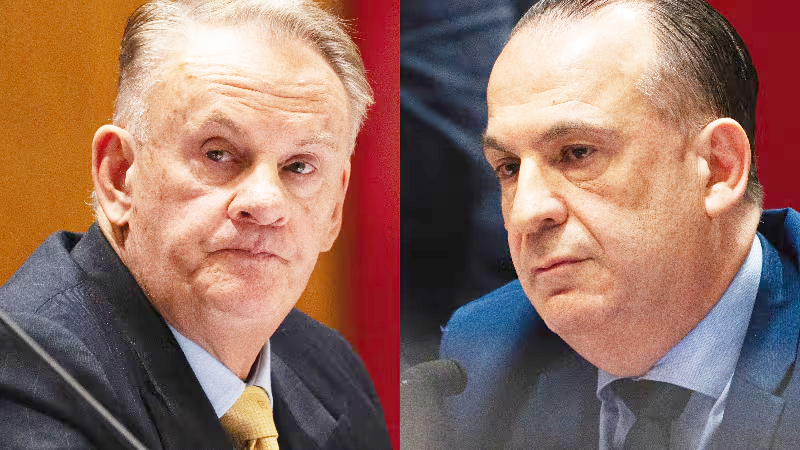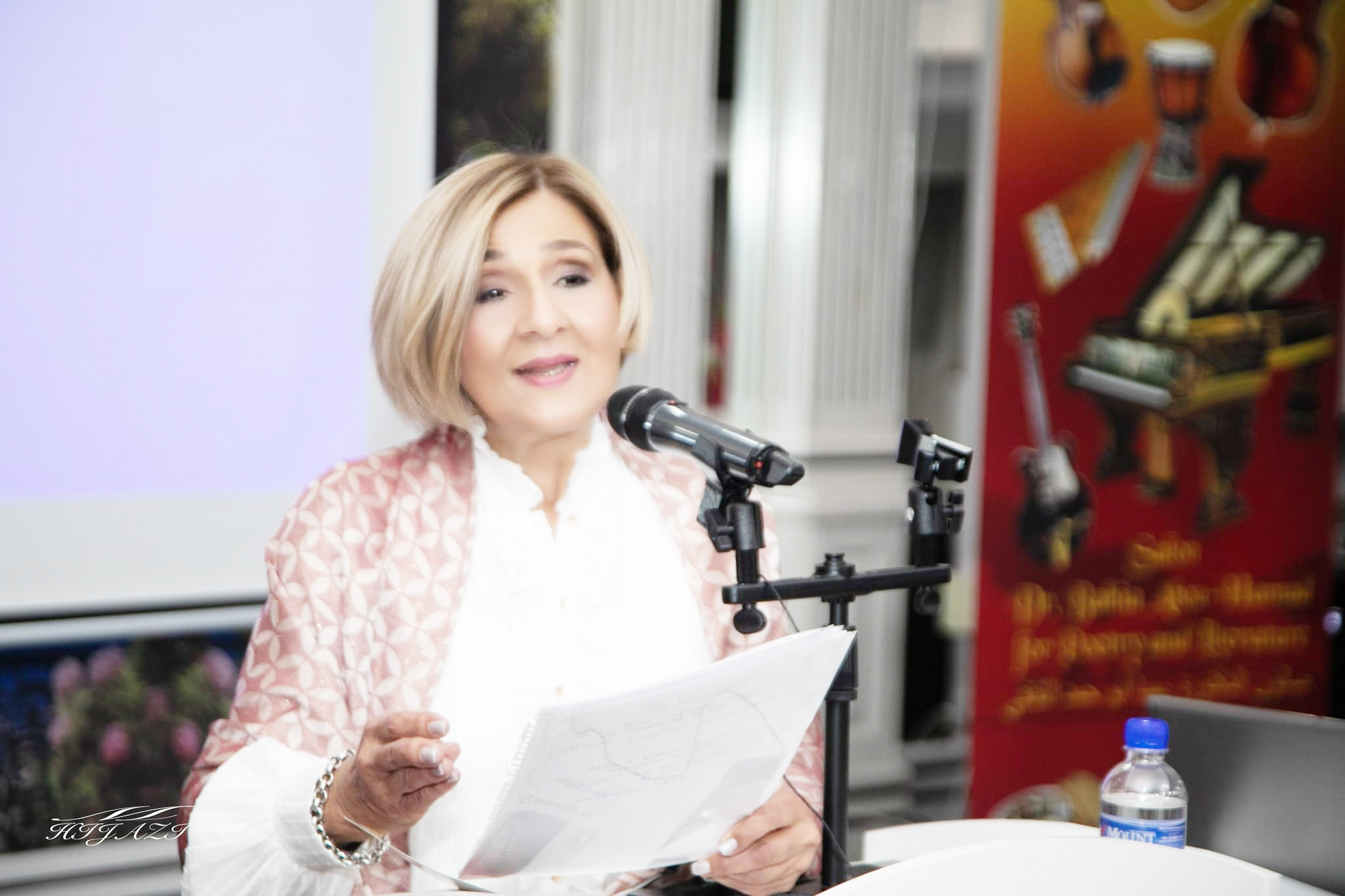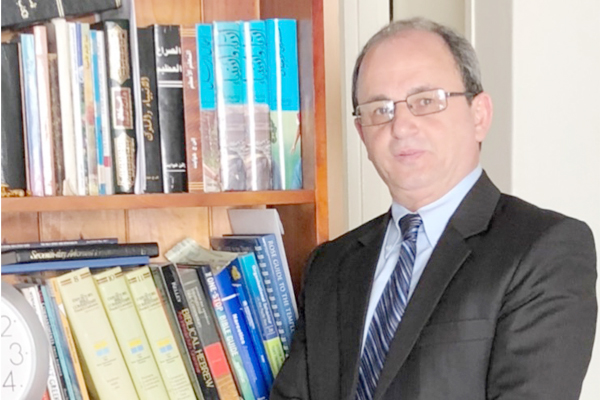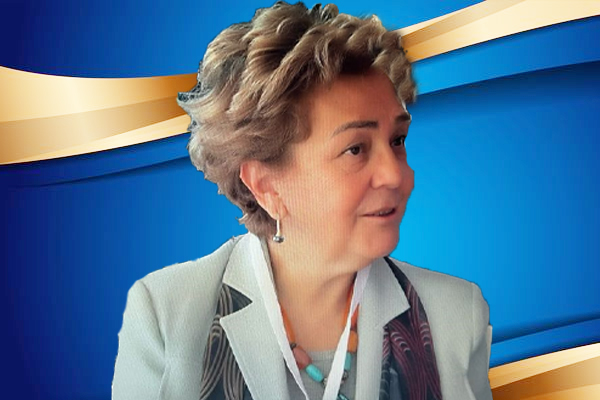
The Labor Party is facing growing challenges in several Muslim-majority areas in Sydney as the federal elections approach, particularly after members of the community expressed discontent with the party’s stance on international issues such as the Israeli-Palestinian conflict. Additionally, Muslim independents are seeking to enter parliament, intensifying competition in seats that have traditionally been controlled by the Labor Party.
Rise of Independents and Their Impact on the Electoral Landscape
Over the years, seats like Blaxland and Watson have been considered Labor strongholds. However, with the emergence of independent Muslim candidates, these seats are becoming more vulnerable. For instance, Ziad Basyuni is running against prominent Labor MP Tony Burke in Watson, highlighting the growing rift between the party and the Muslim community.
Labor’s Response to Public Discontent
Amid increasing pressure, the Labor Party has allocated additional resources to these electorates to strengthen its position. While Anthony Albanese’s government tries to mitigate potential damage, the greatest threat remains the potential loss of some Muslim votes to independents or smaller parties. Despite efforts to adopt policies more aligned with Muslim communities, dissatisfaction persists due to previous political stances regarding the Middle East.
Labor Party Strategy Compared to the United Kingdom
There are comparisons between Labor’s challenges in Australia and the recent elections in the UK, where Labor lost four seats to Muslim independents. However, Australian Labor analysts argue that the circumstances are different here; voting in Australia relies on a preferential system that allows votes to flow to other candidates, reducing the potential impact of independent candidates in Muslim-majority seats.
Post-Election Predictions
Despite some discontent within the Muslim community, Labor remains the more favorable choice compared to the right-wing Coalition led by Peter Dutton, whose strong support for Israel alienates Muslim voters. Labor is expected to lose some votes, particularly among young Muslims who primarily rely on social media as their main source of news.
Fatima Payman Launches New Political Party
After resigning from the Labor Party, Fatima Payman announced the formation of a new political party called “Australia Voice”, which, while claiming not to be a religious party, clearly aims to attract Muslim voters by aligning with Islamic values. Payman has declared the party’s intention to field candidates in the upcoming federal elections, further increasing competition in Muslim-majority areas.
The upcoming federal elections in Australia pose significant challenges for the Labor Party, particularly in Muslim-majority areas. While independents and the new “Australia Voice” party aim to capture votes, Labor’s position remains under scrutiny amid both local and international political tensions.







